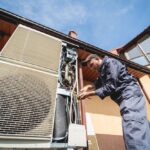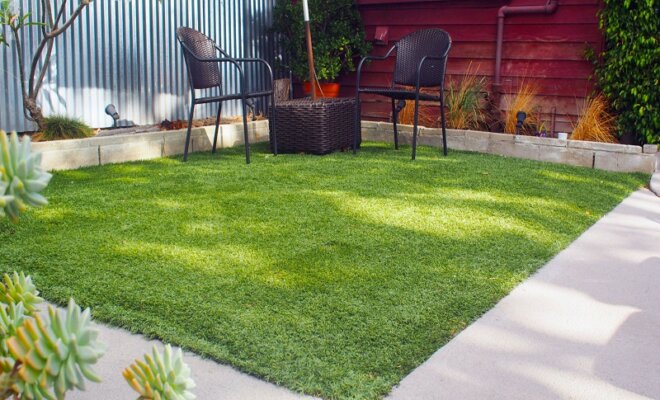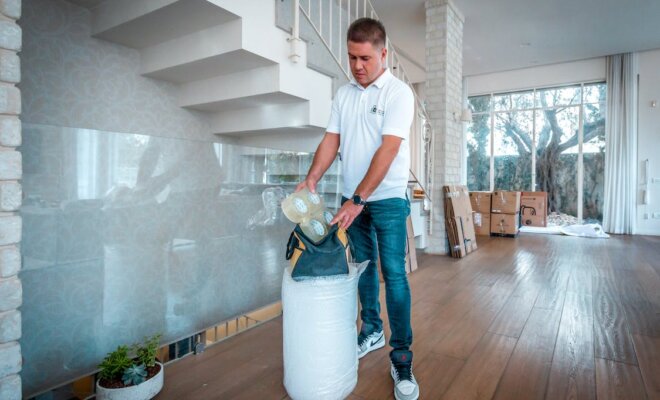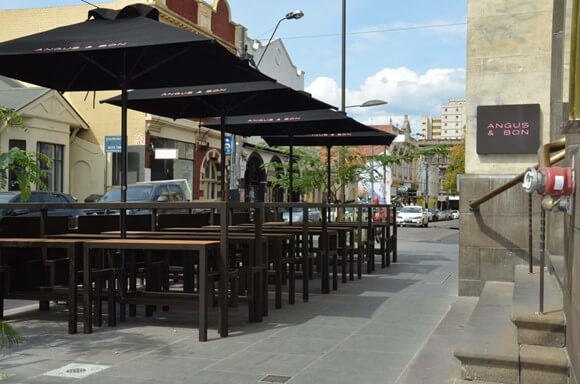Artificial turf, also known as synthetic grass or fake grass, has gained immense popularity in recent years as a versatile and sustainable alternative to natural grass. It has found applications in various settings, from residential lawns to sports fields and commercial spaces. This synthetic surface offers a range of benefits that make it a compelling choice for those seeking a low-maintenance, environmentally friendly, and aesthetically pleasing landscaping solution. In this article, we will explore the many advantages of artificial turf and why it’s becoming a go-to option for many.
Low Maintenance
One of the most significant advantages of artificial turf is its low maintenance requirements. Unlike natural grass, which demands regular mowing, watering, and fertilization, synthetic grass requires minimal upkeep. Once installed, you can say goodbye to mowing your lawn every weekend. It also eliminates the need for chemical fertilizers and pesticides, making it an eco-friendly choice.
Water Conservation
Artificial turf is a water-saving landscaping option, particularly in regions with water scarcity. Natural grass lawns require a substantial amount of water to remain lush and green, especially during dry spells. Artificial turf, on the other hand, requires little to no watering, thus significantly reducing water consumption and conserving this precious resource.
Durability
Synthetic grass is built to withstand heavy foot traffic and adverse weather conditions. It doesn’t become muddy or develop bare patches even in high-traffic areas. Its durability makes it an excellent choice for residential lawns, playgrounds, and sports fields, where it can endure the rigors of regular use and still maintain its pristine appearance.
All-Season Beauty
Artificial turf offers a consistent, lush green appearance throughout the year. It doesn’t yellow during droughts or turn brown in cold weather. This year-round aesthetic appeal can enhance the overall look of your property, providing an inviting and green outdoor space in any season.
Environmental Benefits
Choosing artificial turf can have positive environmental impacts. As mentioned earlier, it reduces water consumption, eliminating the need for pesticides, herbicides, and fertilizers. Additionally, it minimizes the use of lawn maintenance equipment, which often runs on fossil fuels. These factors contribute to a reduced carbon footprint and a more sustainable landscaping option.
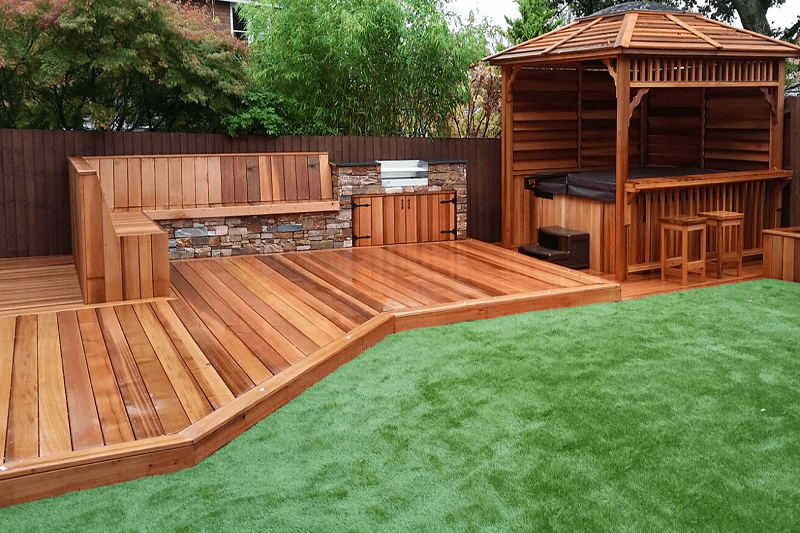
Allergy-Friendly
Natural grass can be a source of discomfort for individuals with grass allergies. Artificial turf is hypoallergenic, as it doesn’t produce pollen or other allergenic particles that can trigger allergic reactions. This makes it a great choice for families and individuals who suffer from grass allergies.
Pet-Friendly
For pet owners, artificial turf offers several advantages. It is resistant to pet urine and waste, making cleanup easy and preventing unpleasant odors. The durability of synthetic grass ensures that pets won’t dig up the lawn or create unsightly patches. Plus, it provides a safe and clean play area for your pets.
Cost Savings
While the initial cost of installing artificial turf may be higher than seeding or laying natural grass, it offers long-term cost savings. With minimal maintenance, no need for water, and no requirement for expensive lawn care equipment, you can recoup your investment over time. Additionally, it eliminates the need for costly lawn repair and reseeding.
Consistency in Sports
Artificial turf is widely used in sports fields and stadiums due to its consistent playing surface. It can withstand heavy use, and athletes can count on a consistent bounce and footing. This makes it a preferred choice for sports like soccer, football, and field hockey.
Versatility
Artificial turf isn’t limited to just residential lawns and sports fields. It can be used in various applications, from rooftop gardens to indoor spaces, creating a lush and attractive environment where natural grass is impractical or impossible to grow. Its versatility opens up countless possibilities for creative landscaping.
Conclusion
Artificial turf offers numerous benefits that make it an appealing choice for homeowners, business owners, and sports facility managers alike. Its low maintenance requirements, water-saving properties, durability, and eco-friendliness have contributed to its growing popularity. Furthermore, it provides a consistent and attractive green space year-round, making it a smart and sustainable landscaping solution. Whether you’re looking to reduce maintenance, conserve water, or create a beautiful and functional space, artificial turf may be the perfect choice for you.



